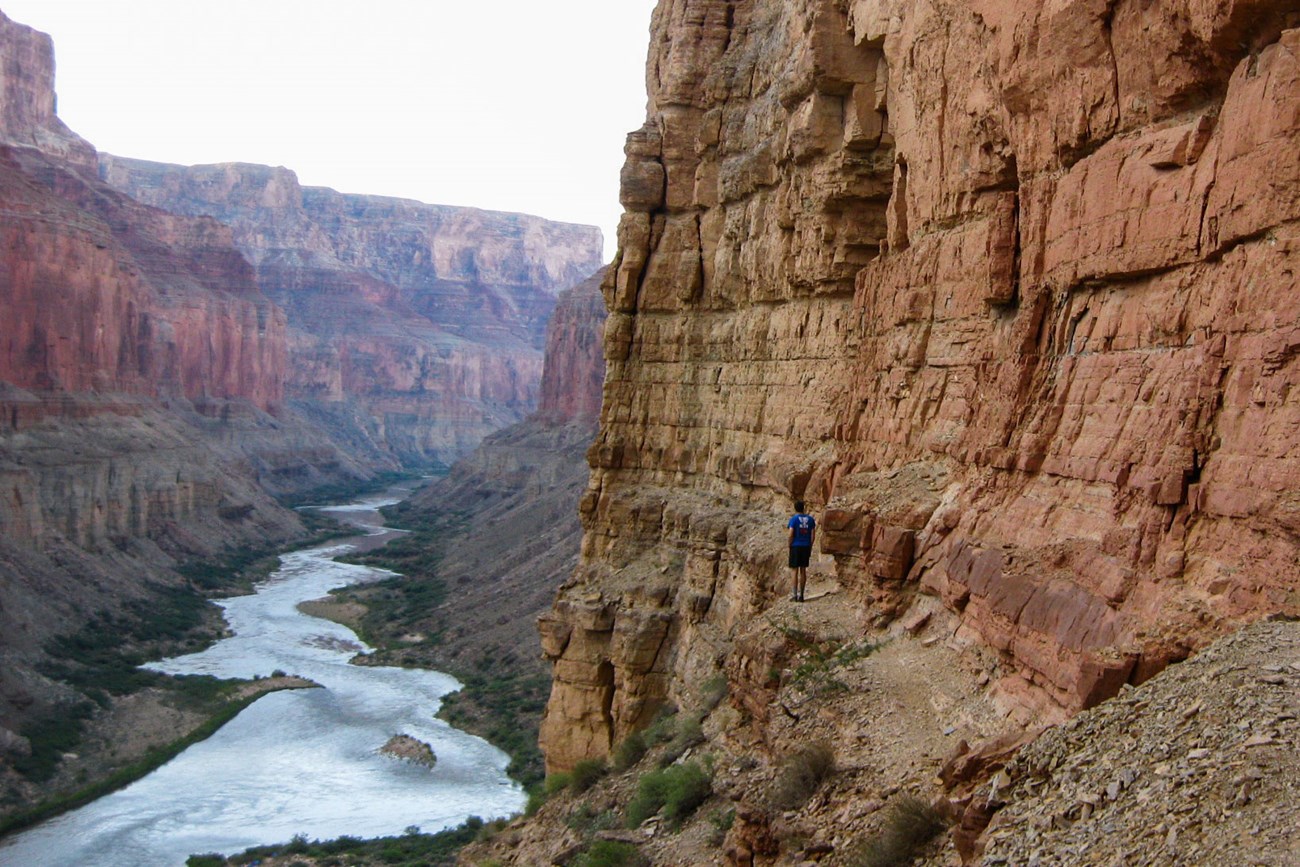Part of a series of articles titled Fundamental Geologic Principles.
Article
Geologic Principles—Uniformitarianism

The Present is the Key to the Past
Many geologists consider James Hutton (1726–1797) to be the father of historical geology. Hutton observed such processes as wave action, erosion by running water, and sediment transport and concluded that given enough time these processes could account for the geologic features in his native Scotland. He thought that “the past history of our globe must be explained by what can be seen to be happening now.” This assumption that present-day processes have operated throughout geologic time was the basis for the principle of uniformitarianism.
Before Hutton, no one had effectively demonstrated that geologic processes occurred over long periods of time. Hutton persuasively argued that seemingly weak, slow-acting processes could, over long spans of time, produce effects that were just as great as those resulting from sudden catastrophic events. And, unlike his predecessors, Hutton cited verifiable observations to support his ideas.
Although Hutton developed a comprehensive theory of uniformitarian geology, Charles Lyell (1797–1875) became its principal advocate. Lyell was successful in interpreting and publicizing uniformitarianism for society at large. Hutton’s idea of uniformitarianism (and his cumbersome and difficult literary style) had simply failed to capture the imagination of his generation, so geologists often credit Lyell with advancing the basic principles of modern geology. Lyell’s Principles of Geology is a landmark text in the history of science and as important to modern world views as the works of Charles Darwin. In 1990 the University of Chicago Press republished his works. In the first of three volumes, Charles Lyell sets forth the uniformitarian argument: processes now visibly acting in the natural world are essentially the same as those that have acted throughout the history of the Earth, and are sufficient to account for all geologic phenomena.
Last updated: September 27, 2018
